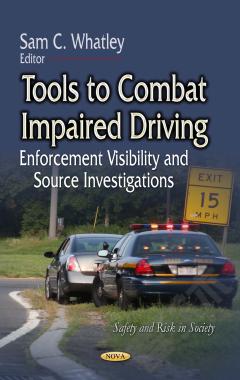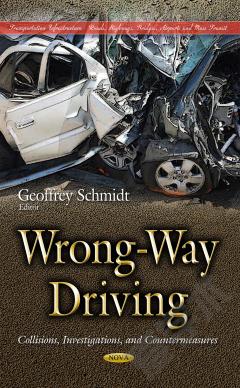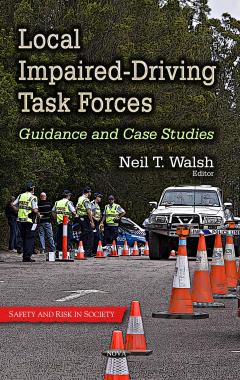Tools to Combat Impaired Driving: Enforcement Visibility and Source Investigations
Research has shown that an effective way to reduce impaired driving is to increase the perceived risk of being stopped and arrested by law enforcement if driving while impaired. One of the most successful strategies for doing this is the coupling of intense and highly visible enforcement with publicity about the enforcement campaign. The term “high-visibility enforcement” (HVE) is used to describe law enforcement efforts aimed at deterring unsafe driving behavior by increasing the public’s perception of being caught, arrested, and prosecuted. Two common enforcement strategies of HVE operations are sobriety checkpoints and saturation patrols. Checkpoints concentrate law enforcement officers at the roadside to identify impaired drivers passing through. Saturation patrols involve an increased number of officers patrolling a limited area where impaired driving is prevalent. Both use highly visible elements (such as a concentration of law enforcement officers, bright lights, signs, and marked patrol cars) to heighten their visual impact. Enforcement efforts must be supported by an equal amount of publicity and communications. Publicity regarding the operations also raises awareness, and the perception of increased likelihood of detection of impaired driving. Research has indicated that HVE operations that are well-publicized, conducted frequently, and have high visibility deter impaired driving. This book presents case studies of HVE programs currently operating in the United States and includes discussion of the HVE program’s history, enforcement strategies, visibility elements, operation, resources, use of media, educational components, funding, support from political leaders and the community, barriers encountered, and strengths of the program. This book is intended to provide information on impaired driving HVE programs for regional, state and local agencies considering incorporating HVE strategies into their efforts to curb impaired driving or to modify existing HVE programs.
{{comment.content}}








 京公网安备 11010802027623号
京公网安备 11010802027623号